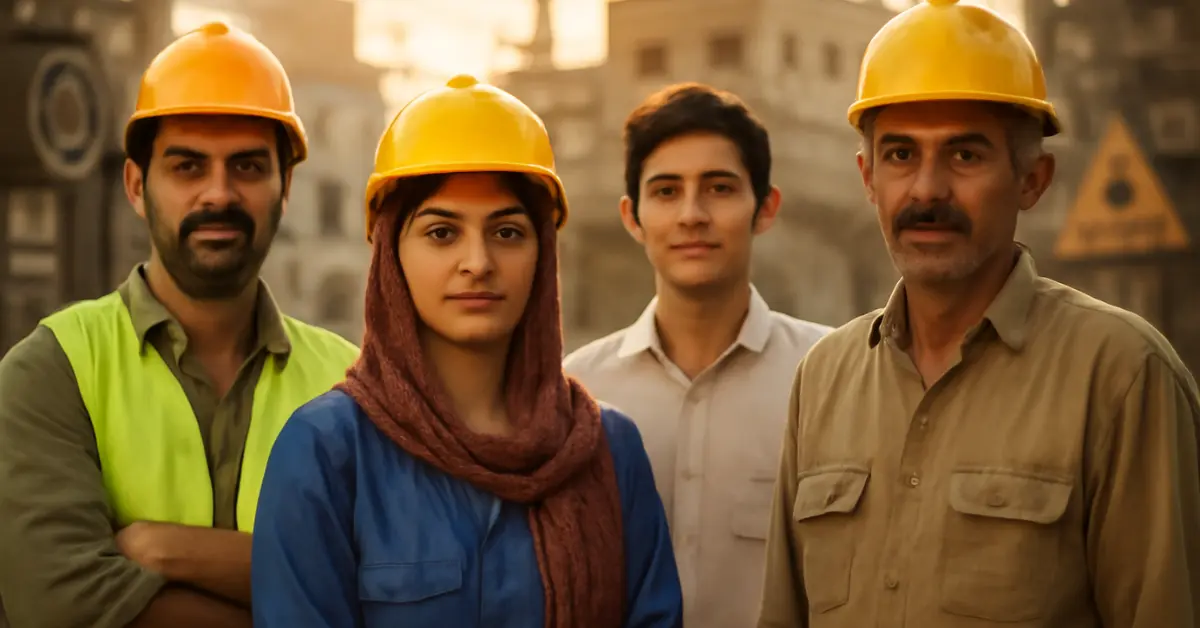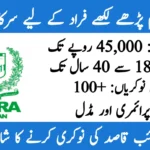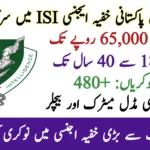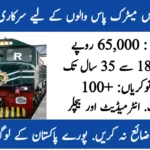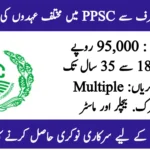KARACHI: In a major development for the working class, the Sindh government has officially revised the province’s minimum wage structure, setting the monthly wage for unskilled workers at Rs. 40,000, effective July 1, 2025. The move is aimed at easing the impact of inflation and ensuring fair compensation across industries.
According to a formal notification issued by the provincial government, the new wage policy categorizes salaries based on workers’ skill levels:
-
Unskilled Workers: Rs. 40,000/month
-
Semi-Skilled Workers: Rs. 41,380/month
-
Skilled Workers: Rs. 49,628/month
-
Highly Skilled Workers: Rs. 51,745/month
-
Hourly Wage Rate: Rs. 192/hour
The updated wage structure applies to all registered and unregistered commercial and industrial establishments in the province. The government has mandated equal pay for male and female workers, reinforcing its commitment to non-discriminatory labor practices.
The official announcement was made by Provincial Labour Minister Shahid Abdul Salam Thahim, who emphasized the Sindh government’s dedication to progressive labour reforms. “This revision is a considerable step toward protecting workers’ rights and providing a decent living,” he said, underlining ongoing consultations with industrial stakeholders to ensure compliance and equity.
To ensure transparency and protect workers from wage exploitation, the notification also mandates the use of formal payment channels — including bank transfers and cross-cheques.
The Sindh Labour Department has been tasked with strict enforcement of the revised wage policy, holding employers accountable for any non-compliance.
Background: Wage Increase Proposal by the Minimum Wages Board
Prior to this announcement, the Sindh Minimum Wages Board had proposed an increase of Rs. 3,000 in the monthly salary for workers across all skill categories. The board recommended an 8.1% raise, lifting the unskilled worker wage from Rs. 37,000 to Rs. 40,000.
The revision covers a broad workforce — including adults, adolescents, unskilled, semi-skilled, skilled, and highly skilled workers — signaling the provincial government’s intent to reduce economic disparity and uplift living standards.
With this decision, Sindh reinforces its stance on supporting labour welfare while encouraging fair wage distribution in light of growing economic pressures.
